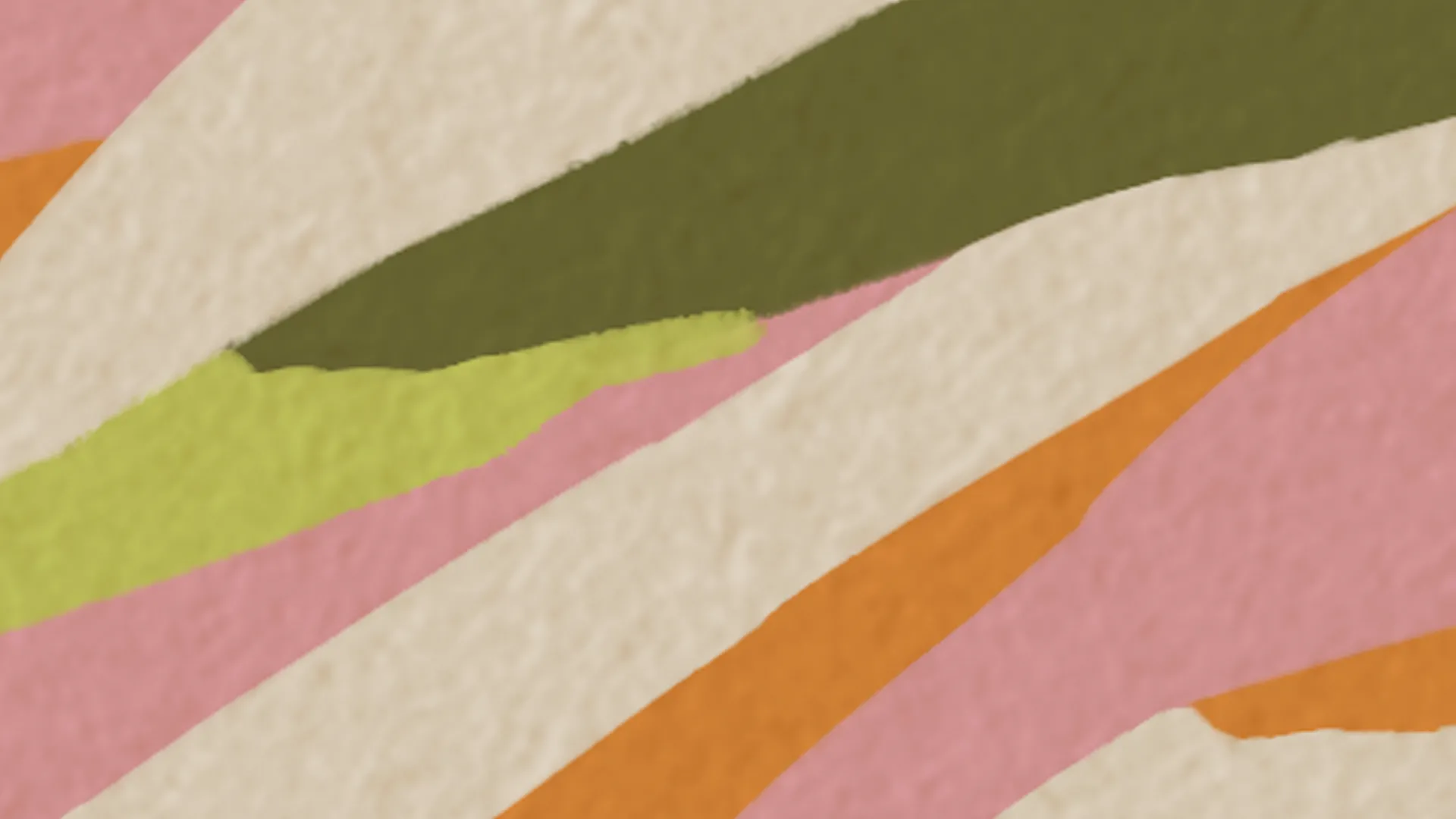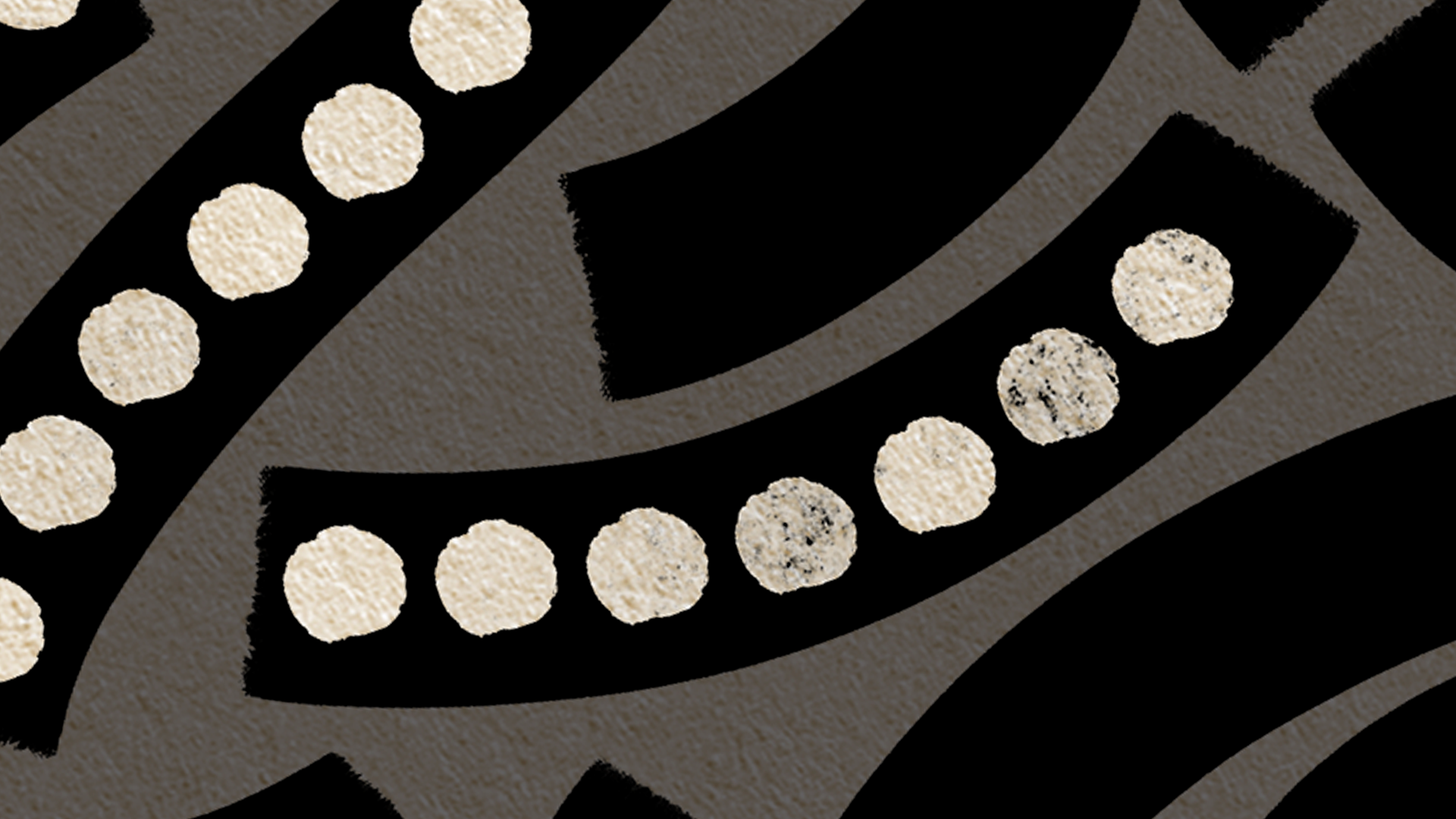Breadcrumb
What are cultural contributions?
Cultural contributions from First Nations people can include knowledge, perspectives and practices shaped by Culture, Country, and community.
These contributions strengthen workplaces by bringing in diverse ways of:
- thinking
- problem-solving, and
- engaging with people and the environment.
Some examples of cultural contributions may include:
- Indigenous Cultural and Intellectual Property (ICIP) – this is cultural heritage that is owned by First Nations communities and passed through generations. This might include First Nations language words, stories about Country or animals, cultural practices like weaving or conducting ceremony, or knowledge about how to use plants for food or medicine.
- Personal knowledge and experiences – these are insights shaped by lived experiences, community connections and cultural responsibilities. Unlike ICIP, this knowledge is individual rather than communally owned, though it remains an important part of a person’s identity as a First Nations individual. For example, contacts or connections to people in local communities.
- Cultural expertise – this is specialist knowledge in areas relevant to First Nations engagement such as community engagement, cultural governance, or cultural competency and safety.
- Ways of working – these are approaches, holistic thinking, and relational ways of engaging with people and the world.
Valuing cultural contributions
A core principle of best practice for working with ICIP and First Nations Culture is benefit sharing.
Benefit sharing means:
- recognising the value of cultural contributions, and
- sharing benefits back to the person or community who gave them.
Benefits can be monetary or non-monetary.
Cultural contributions should also be valued with benefit sharing at work.
Benefit sharing is Principle 8 of the True Tracks® Principles. True Tracks® is a framework for practical self-determination and can be applied to guide respectful and ethical engagement with First Nations peoples, Country and Culture.
Learn more about:
- benefit sharing and fair value for ICIP along with examples of different types of benefit sharing
- the principle of benefit sharing in Creative Australia’s Protocols for First Nations Cultural and Intellectual Property in the Arts.
Recognise cultural expertise as a skill
Cultural knowledge is a specialised skill, just like technical expertise.
People who have a high level of cultural knowledge or authority, like Elders, Traditional Owners or community leaders, deserve to have this knowledge recognised. It takes many more years to gain this knowledge than it does to do a Masters or PhD.
Workplaces should acknowledge cultural expertise in performance reviews, promotions, and leadership opportunities, ensuring it is valued beyond informal contributions.
Provide fair compensation
First Nations workers are often asked to provide cultural advice, mentoring or engagement work.
These tasks should be properly recognised and compensated.
To avoid placing cultural load, these tasks should only be allocated where this forms part of the person’s defined role. Learn more about avoiding cultural load and culturally safe workplaces.
Where First Nations staff have workload responsibilities that are related to their identity as a First Nations person, workplaces should consider paying a cultural workload allowance on top of regular salary packages, in recognition of the additional work. This is an emerging practice in various industries, including the arts and education sectors.
Bringing cultural contributions to the workplace
As a First Nations worker, sharing your knowledge about culture and good practice can help to make a better workplace, both for yourself and for others. It can support a more inclusive and culturally safe workplace.
However, before sharing your cultural knowledge at work, it is important to understand that:
Your employer will probably own copyright to your work
If you are an employee, any work produced within the course and scope of your employment is generally owned by the employer, unless your contract says otherwise. This means that any material you create for work will probably be owned by your employer – not by you as an individual.
If you are an independent contractor (for example, self-employed, a freelancer, or an independent artist), you generally own copyright (again, unless your contract says otherwise).
Learn more about
Cultural knowledge is always owned by First Nations peoples
Indigenous Cultural and Intellectual Property (ICIP) and cultural knowledge is always owned by First Nations peoples – it cannot be transferred except by cultural practice.
As a First Nations person, this means that any knowledge, story, and cultural information will always belong to you and your community, even if you share it with other people.
Learn more about Indigenous Cultural and Intellectual Property (ICIP)
But: First Nations people can give away rights to their cultural knowledge by including it in copyright works which are owned by other people or organisations.
This means that if you are a First Nations worker working for a non-First Nations organisation, you can give them rights to use your cultural knowledge by including it in material that they own.
As a First Nations person, giving rights to your cultural knowledge is okay, if that is what you intend to do. However, it is not good when this happens by accident or unintentionally.
Be cautious, and understand the impact of sharing your cultural knowledge in a work environment.
Learn more about granting ownership and licensing rights.
Keep learning:

The content in the body of this page including text and graphics, excluding artwork, is owned and licensed by Terri Janke and Company. Learn more about copyright for materials owned by Terri Janke and Company.
More in this section:
About culturally safe workplaces
Creating culturally safe workplaces is important to ensuring that First Nations artists and creatives feel respected and valued, and safe to share their art and Culture.



